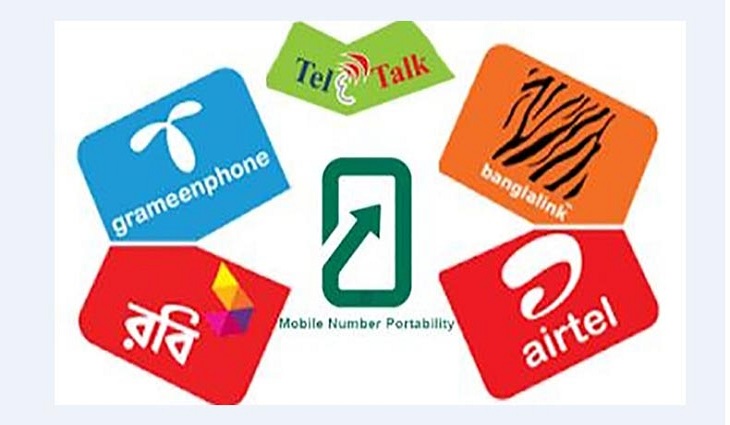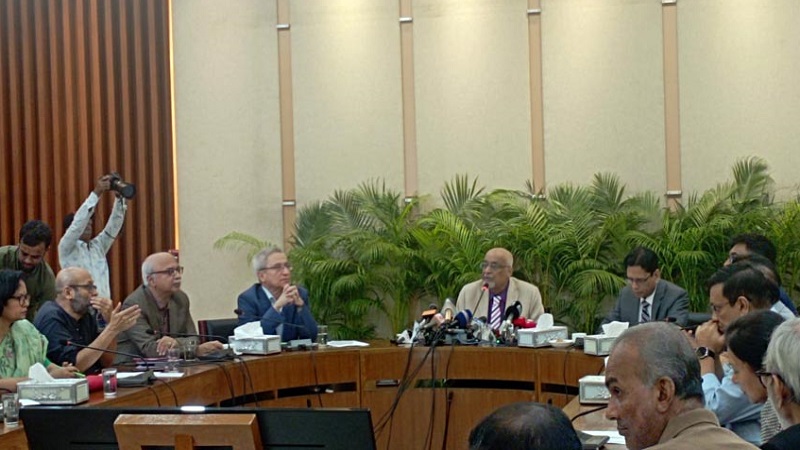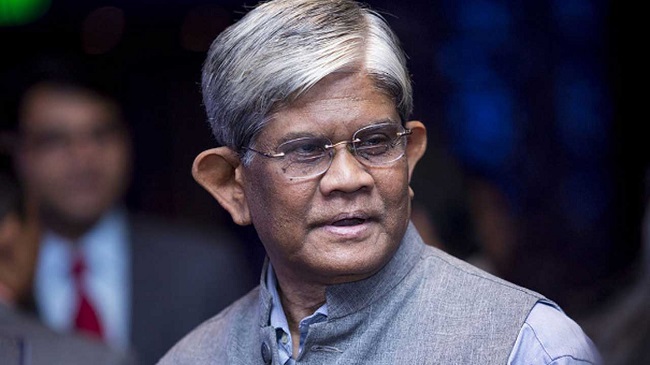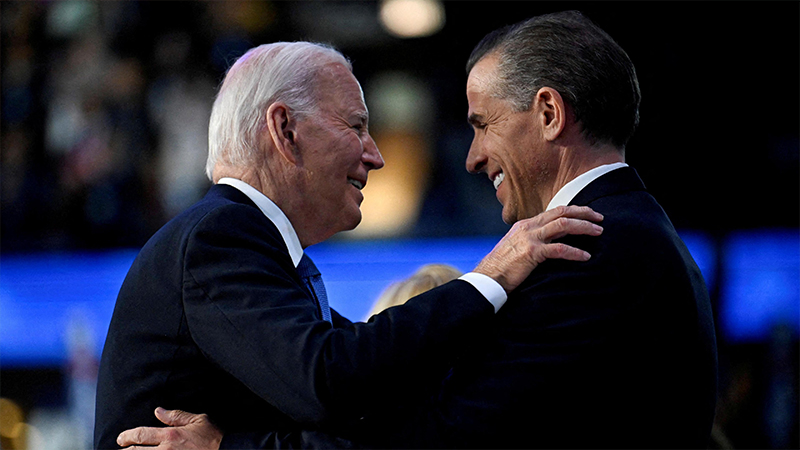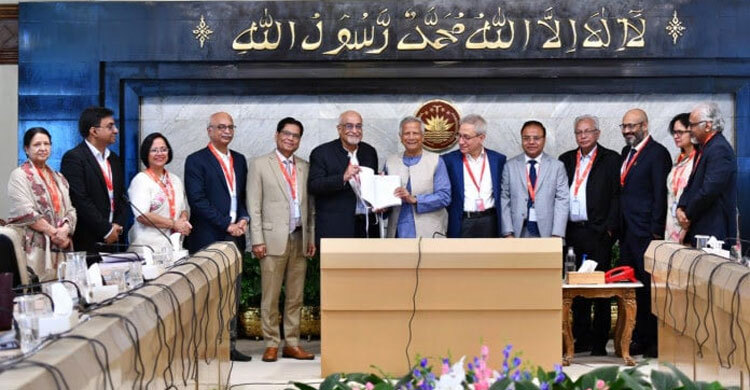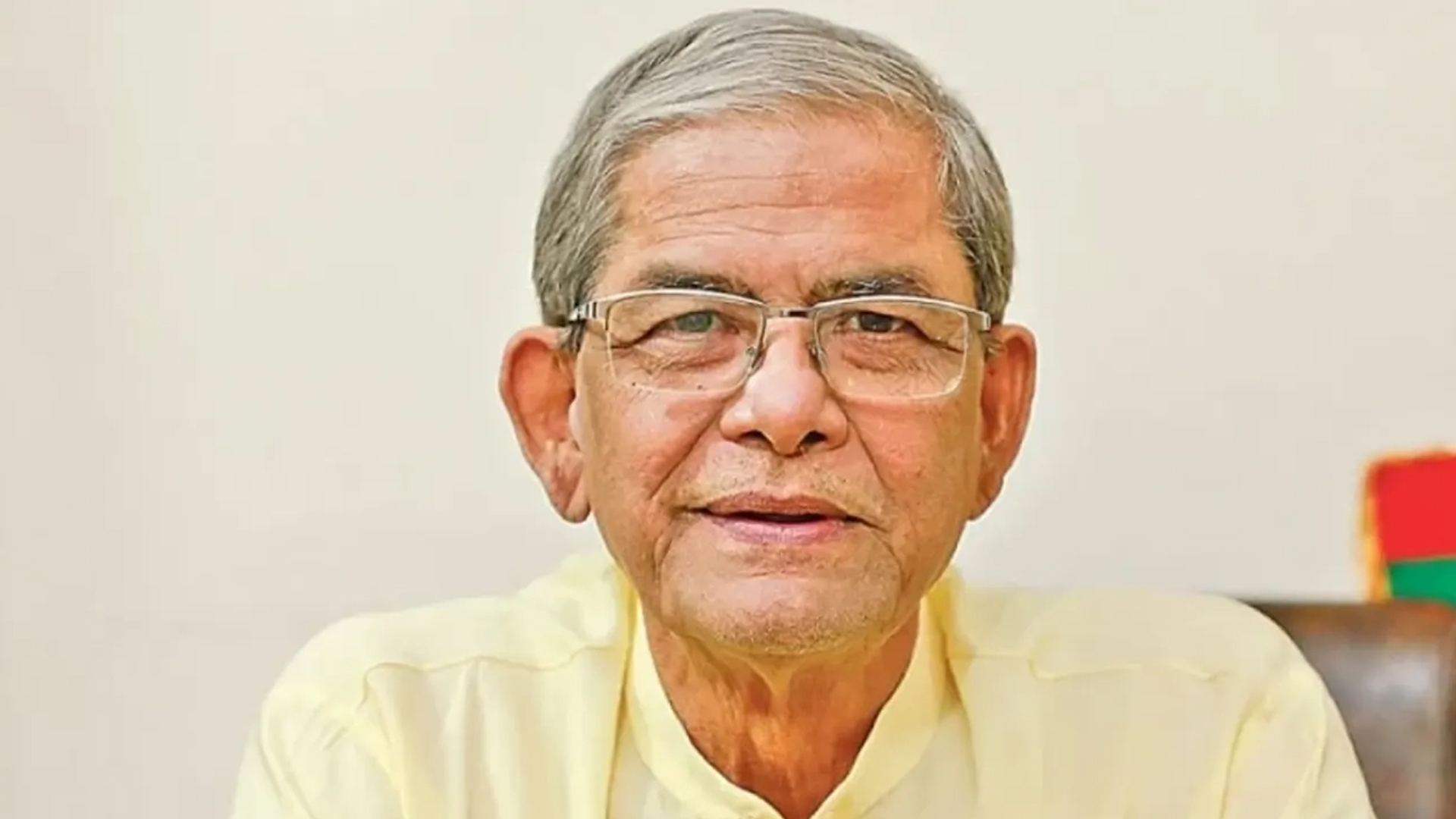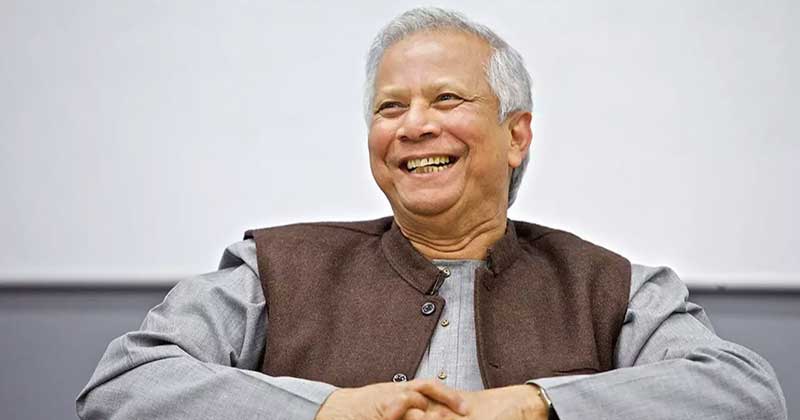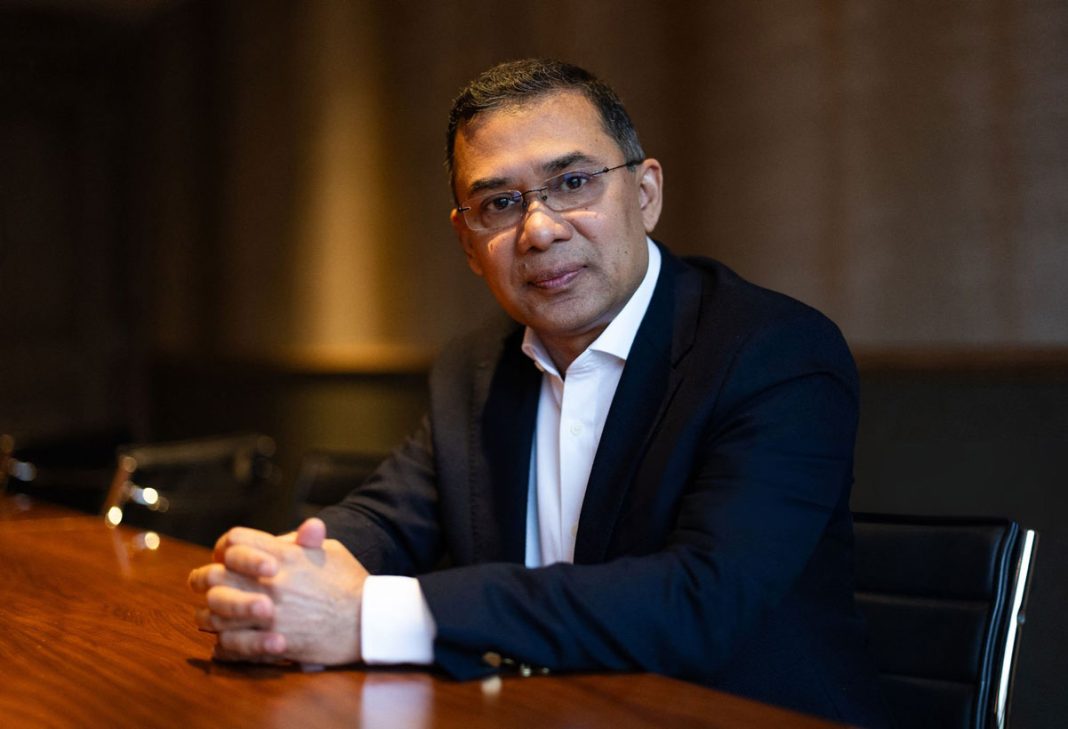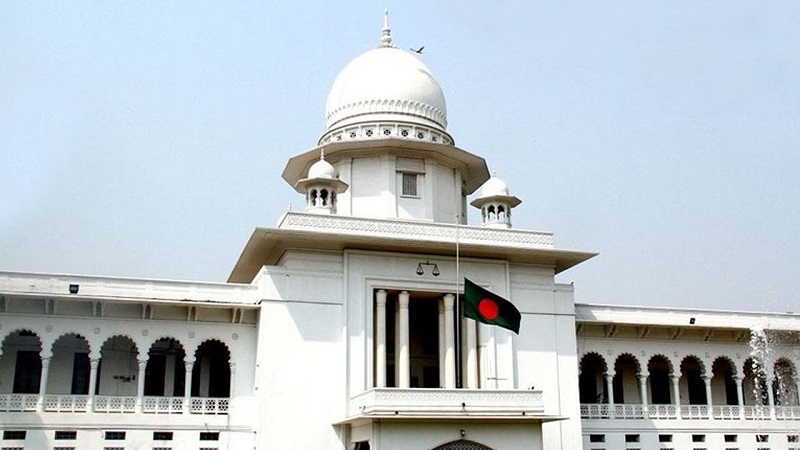Mobile network operators in Bangladesh sought taxation reforms in the upcoming national budget for accelerating digital economy, as well as a favourable value-added tax (VAT) regime for driving next-level digital transformation in the upcoming budget. They proposed to eliminate SIM tax as well.
During a meeting with the chairman of the National Board of Revenue (NBR) at his office in the capital, representatives of the Association of Mobile Telecom Operators of Bangladesh (AMTOB) also proposed removing SIM tax altogether.
According to AMTOB, taxes fixed for mobile operators is higher than those from other sectors in the country, not to mention that the corporate tax rate is the highest in all of Asia.
For publicly traded companies it is 40 per cent, 45 per cent for non-traded companies, and 37.5 per cent for merchant banks, banks, insurance companies and non-bank financial institutions.
For non-listed banks and other financial institutions, it is 40 per cent.
However, telecom operators pay 45 per cent in corporate tax, as high as what tobacco manufacturers pay to the government.
As a result, AMTOB believes this is why investment in the telecom sector is stagnant. They urged reducing it to 32.5 per cent.
The industry contributed Tk 16,523 crore to the national revenue in 2020, 2.6 times higher than 2010, said the organisation.
Mobile operators said their voices should be heard as mobile internet drove digital economy amid the Covid-19 pandemic, in terms of fuelling government services, digital payments, education, e-commerce, health, agriculture and ride sharing/delivery services.
High tax rates not only deflected investment away from the sector, but also caused in the contraction of revenue, said Shahed Alam, chief corporate and regulatory officer at Robi.
2021/03/local-portel-770-x-90-1615141235923.gif
They also urged the NBR to consider recognising legitimate business expenses as allowable expenditure.
Only 8 per cent of the total profits as technical know-how fees are allowed. Being a tech-based company, mobile operators always need technical knowledge-based services. Deployment on new technology like 4G, 5G , IoT, and blockchain require technical assistance from global experts.
The industry proposed to set 6 per cent limit based on turnover, not on profit.
Currently, services of banks, insurance or financial institutions are exempted from tax deduction but telecom services are not subject to this exemption.
As MNOs have large number of corporate customers, it is impossible to collect tax certificate from all corporate clients in due course of time.
In light of this, AMTOB proposed exempting telecom service sources from tax deduction as per Section 52A (16) of the Income-tax Ordinance, 1984.
AMTOB also said that cost of new SIM cards and SIM replacement charges rose from Tk 100 to Tk 200 in 2019. They said that if SIM tax can be eliminated, cost of services will reduce by 1.7 per cent.
"The government imposes new tax burdens on the mobile sector every year. We request the government to end this situation and maintain a business-friendly environment,” said Brig Gen SM Farhad (retd), general secretary of AMTOB.
Their other recommendations included withdrawal or reduction of the 2 per cent turnover tax on the telecom companies even if they do not make any profit, decrease corporate tax on unlisted and listed operators to 32.5 per cent and 25 per cent respectively, and reduction of VAT, SD and surcharge of 33.25 per cent and 21.75 per cent on talk time and internet usage for every Tk 100.
They also requested the NBR to provide clear guidelines regarding VAT exemption for government agencies and to rationalise the interest charged on unpaid VAT.


